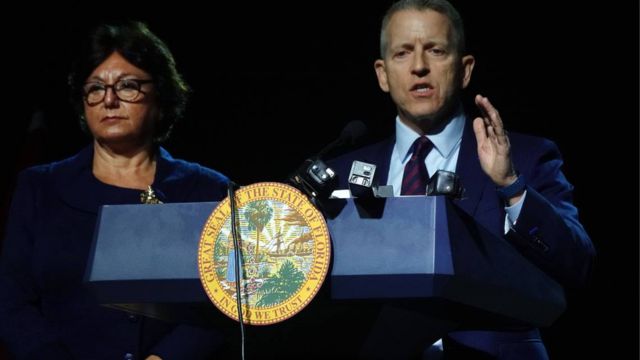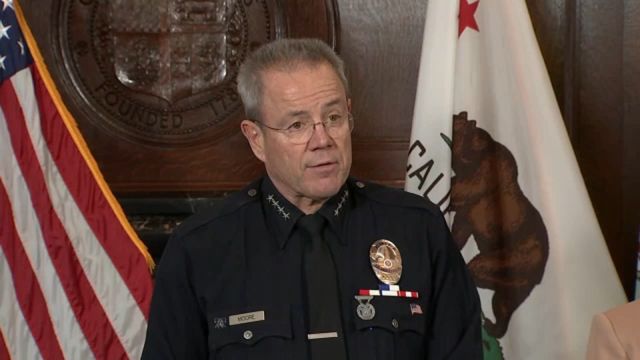PANAMA CITY, FL – Legislation known as House Bill 3, which requires age verification for adult content online and is intended to shield minors from social media platforms, was approved by the Florida House of Representatives on Wednesday.
As per the plan, it will be illegal for anyone under 14 to open a social media account, but parents can grant their 15-year-old child permission to participate.
Access by kids under the age of 18 will also be restricted, and adult websites containing content detrimental to minors will need to provide third-party age verification.
State representatives claim that the bill focuses on the addictive elements seen on social media platforms. The bill has been delivered to the desk of Governor Ron DeSantis for his signing. If the act is ratified, it will become operative on January 1, 2025.
The controversial measure that the Florida Legislature passed recently, criticizing social media networks, garnered headlines. It is currently on its way to Governor Ron DeSantis’ desk for final approval. Senate Bill 7072, as it is often called, has sparked a heated discussion over censorship, free speech, and the role digital companies play in filtering information on the internet.

Governor DeSantis would have to approve the bill into law, subjecting social media companies—especially those with large user bases in Florida—to additional rules. The bill forbids big social media companies from “de-platforming” political candidates while elections are underway, which is one of its main features. Supporters of the measure contend that it is essential to protect free speech and avoid censorship by preventing platforms from restricting or banning political candidates’ accounts.
The measure also calls for greater responsibility and transparency regarding the content moderation policies of social media corporations. Platforms must provide users with options to challenge content removal and banning decisions, along with comprehensive justifications for such actions. The legislation also gives the Florida Attorney General the authority to prosecute platforms that break these rules and fine non-compliant parties up to $250,000 every day.
Related More: Florida Lawmakers Discuss Ban on Under-16 Social Media Accounts in Senate Session
To stop social media corporations from unfairly stifling views, especially those of political candidates and conservative users, supporters of the measure contend that it is imperative to make them responsible for their activities. According to their claims, these platforms have developed into strong gatekeepers of online discourse with considerable sway over speech and public debate.
Opponents of the measure, such as civil rights campaigners and IT sector groups, have expressed concerns regarding the bill’s constitutionality and potential to stifle free speech. They contend that since the measure permits political meddling on internet platforms, it might create a dangerous precedent and that the government shouldn’t meddle in private enterprises’ decisions about content filtering.
Opponents also caution against the bill’s potential unintended implications, pointing out that it would encourage hate speech and disinformation since platforms might be reluctant to censor offensive content out of concern for potential legal ramifications.
The enactment of Senate Bill 7072 in the Florida Legislature is indicative of a wider conflict between campaigners, tech firms, and legislators regarding social media platform dominance and online speech legislation. The bill’s future is still unknown as it waits for Governor DeSantis to sign it into law; if it does, there may be legal challenges.
Which News you want to see or like the most, you can tell here.




